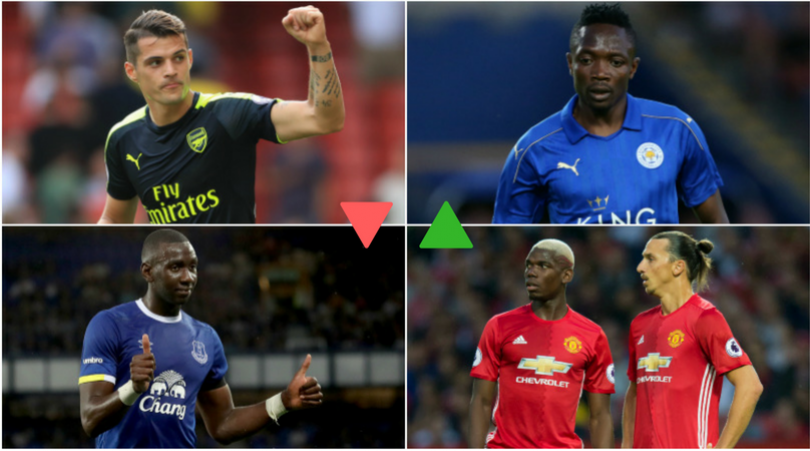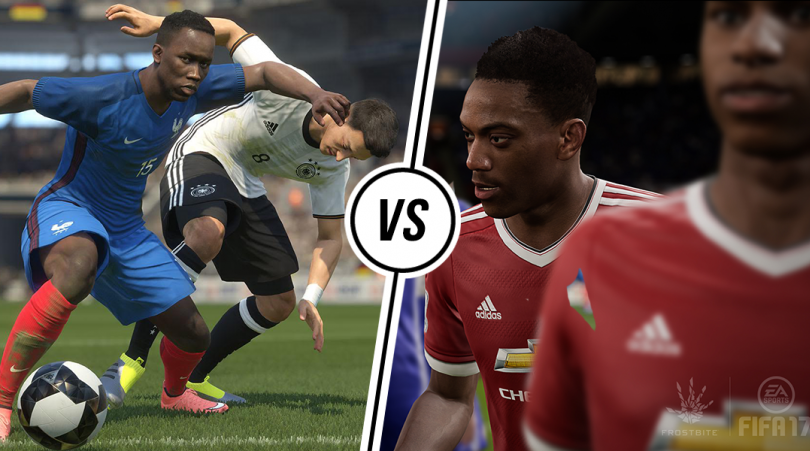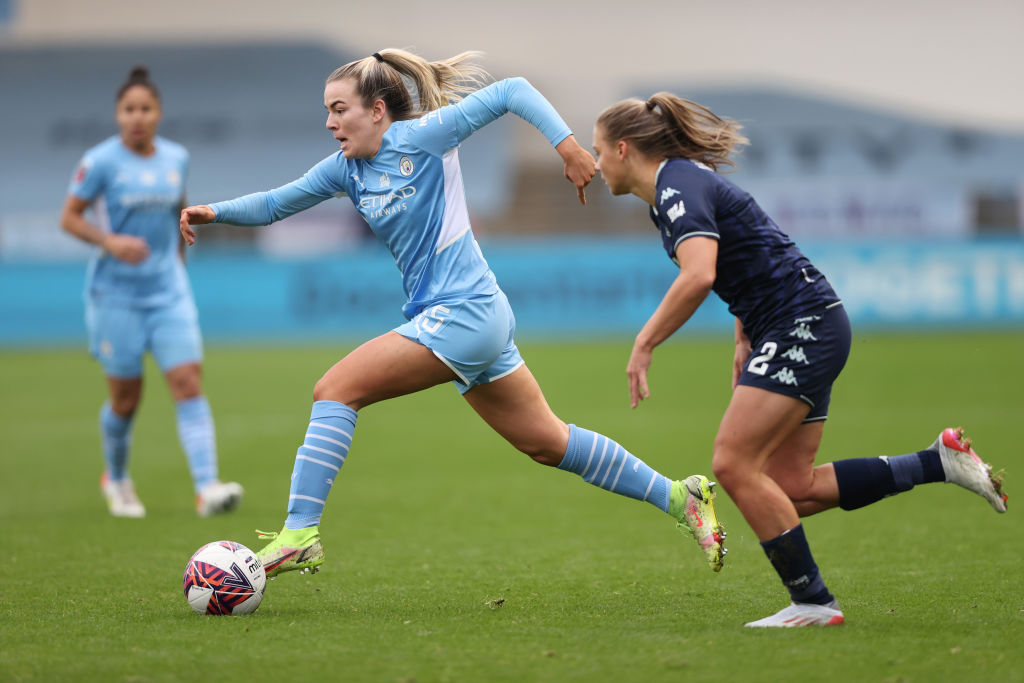Frustrated Everton fans are misunderstanding the process of building a successful recruitment strategy
Toffees supporters were deflated by a disappointing deadline day amid new riches, but Seb Stafford-Bloor has preached patience for what is a long-term process...
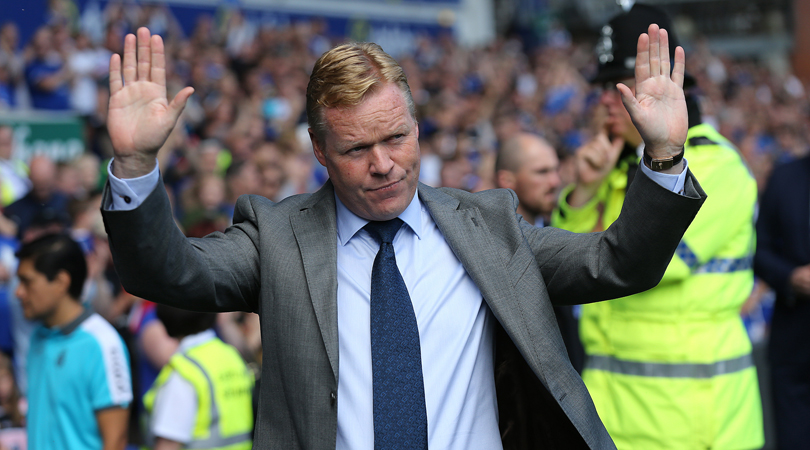
After Everton confirmed the appointment of Steve Walsh as their new director of football in late July, he was described in various places as a "transfer genius", a "super scout" and, by chairman Bill Kenwright, as having a recruitment record which "was part of football folklore".
It was quite the build-up. So, given the club's subsequently meagre performance in the transfer market, it has helped to create some disenchantment. When Big Ben struck 11pm on August 31, the club had secured the signatures of Ashley Williams, Yannick Bolasie, Maarten Stekelenburg, Idrissa Gueye and Enner Valencia, with young forward Dominic Calvert-Lewin also joining the Merseysiders on the final day. All of them are good players and will each improve Ronald Koeman's side, but none were befitting of any real hyperbole; as far as Premier League scouting goes, they had merely plucked low-hanging fruit.
Koeman is known for his discipline and for his authoritarian nature and so, rather than being underwhelming, this initial batch of signings has been philosophically smart
Steve, meet Ronald
The perception surrounding Walsh puts him at a disadvantage. While descriptions of his work are subject to the usual tabloid jingoism, they still reflect a prevailing misconception: there is no such thing as a super scout. Some recruiters are clearly better than others and the methods employed by some are relatively superior, but job performance relies on layered processes and on understanding the needs of an individual manager.
A scout is, by definition, a facilitator and someone who equips others with resources. He can only be as successful as his relationship with that someone allows him to be. In Walsh's case, that's Koeman.
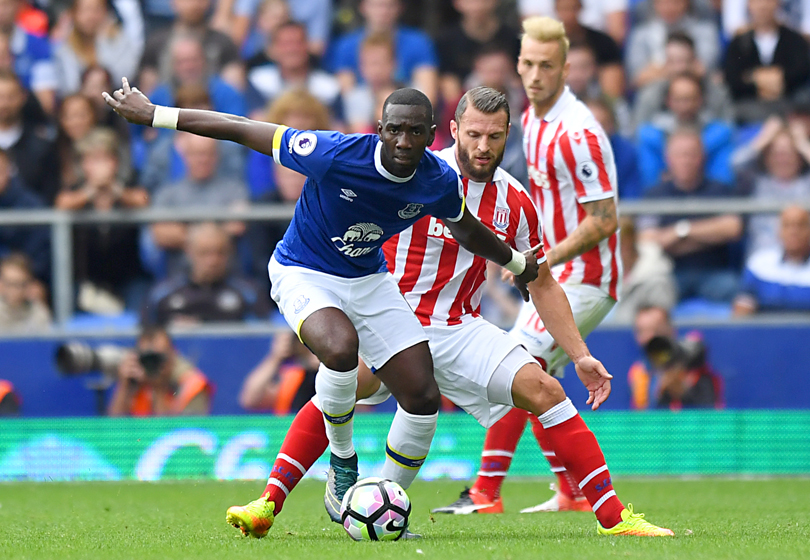
Amid this flurry of frustration, it's worth recalling what Everton had become under Koeman's predecessor, Roberto Martinez. The Spaniard may have initially brought fluid attacking football to Goodison Park, but by the time of his departure the team had grown perilously fragile.
Everton were porous and riddled with individual mistakes, and so Koeman's priority has been to toughen their structure. The Dutchman is known for his discipline and for his authoritarian nature and so, rather than being underwhelming, this initial batch of signings has been philosophically smart. With the exceptions of Valencia and Bolasie, his additions have brought stability and conformed to his tactical beliefs.
Get FourFourTwo Newsletter
The best features, fun and footballing quizzes, straight to your inbox every week.
Williams is a static, uncomplicated defender, Gueye a resilient ball-winner, and Stekelenburg a clear improvement on the inherited goalkeeping options. The reality may prove less convincing than the theory, but the intent is sound: Everton must inspect and improve their foundations, then they can start to rebuild.
Improving the present
Again, this is where the role of a director of football is misunderstood. One of the criticisms aimed at Walsh has been his failure to march a small army of Riyad Mahrezes straight into Goodison Park. He has been celebrated for his vantage point on the market and, yet, Everton's activity has been rather formulaic. But it is not his job to make speculative lunges on low-percentage players, rather to provide his manager with what the club needs most. Koeman's success at Southampton was, in part, defined by his ability to advance experienced players to levels which were thought to be beyond them. Jose Fonte developed as a defender, Ryan Bertrand and Nathaniel Clyne became internationals, and Steven Davis, Morgan Schneiderlin and Victor Wanyama evolved rapidly.
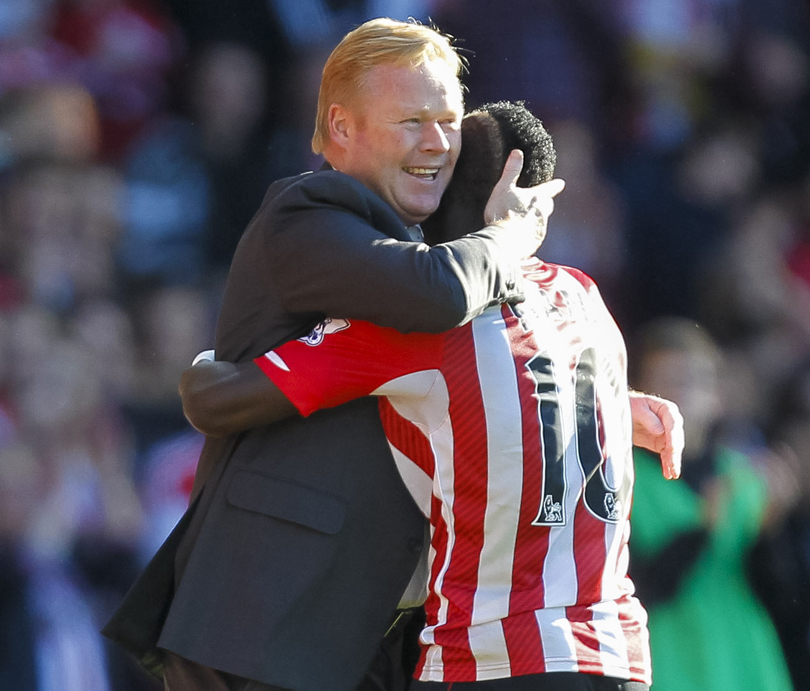
Equally, his reputation developed as it did in this country because Les Reed, the St Mary's equivalent of Walsh, had a broad understanding of what Koeman was as a coach and what his principles of success were.
While it may have seemed as if Reed identified Koeman as Mauricio Pochettino's successor on a whim in 2014, he had in fact paid great attention to his performance in the Eredivisie over many years. He understood that the Dutchman was the perfect coach for a club enduring a transitionary period, but evidently also how best to equip him to enable subsequent progress.
Conversely, there's no such history between Walsh and Koeman. Football supporters may not enjoy sermons about patience, but it will take time for a similar ideological alignment to occur.
The long game
But beyond the individual personnel, it's imperative to remember Everton's position in European football's hierarchy. They are now far wealthier than before but, for the moment, they remain at a disadvantage. Elite players may migrate towards large contracts, but they also seek the prestige of silverware and the exposure of European football, neither of which are guaranteed by Farhad Moshiri's investment.
Supporters may have seen the chance to sign Axel Witsel come and go, and may also have been jilted by Moussa Sissoko on deadline day, but those were circumstantial failures rather than technical misfires. Until some tangible signs of success are evident, Everton's market ambitions will be restricted by their reality; there's no way around that, that's just how football works.
Very happy to join for the next 5 years ! August 31, 2016
Even in Roman Abramovich's early days at Chelsea and Sheikh Mansour's formative months at Manchester City, they were treated – despite what they could offer – with distrust. Understandably so too, because the world was yet to learn whether they were serious, sustainable projects, or earlier examples of what would occur at Malaga. Applying that reality also defeats the accusation that Everton are thinking short-term. Their signings have, generally, all been of a certain age and that has bred a negativity.
Targeting Europe
Since the end of the transfer period, several opinion pieces have claimed that, rather than being progressive, the club are seeking a short-term jolt and a series of quick fixes. But that's a reductive assessment and one which not only misinterprets these early stabilising steps, but also ignores the immediate need to improve.
If Everton are to capitalise on their new financial advantage, they must target the present as well as the future and must be in a position to convince coveted prospects that being at Goodison Park serves their long-term interests. In that regard, a healthy league position and European qualification is a powerful recruiting tool, certainly more so than vague theory about what might be achieved in five years' time.
Scouts, youth coaches and directors of football can identify talent, but there's a reason why the most successful youth teams in the country all come from the strongest clubs and why those respective academies have such a high concentration of talent.
Perhaps the greatest folly is the assumption that this is easy and that, from the moment they arrived, Koeman, Walsh and Moshiri should have inspired immediate revolution.
That underestimates how pronounced a disadvantage Everton have suffered through during the Premier League era and how much ground they must now recover. Similarly, it portrays advancement as a simple process which doesn't rely on a precarious balance between today and tomorrow, and which isn't built on an infrastructural harmony which can take months and years to perfect. Everton have a long way to go, but there's nothing yet to suggest that they aren't at least pointing in the right direction.
More recommended content
Seb Stafford-Bloor is a football writer at Tifo Football and member of the Football Writers' Association. He was formerly a regularly columnist for the FourFourTwo website, covering all aspects of the game, including tactical analysis, reaction pieces, longer-term trends and critiquing the increasingly shady business of football's financial side and authorities' decision-making.
